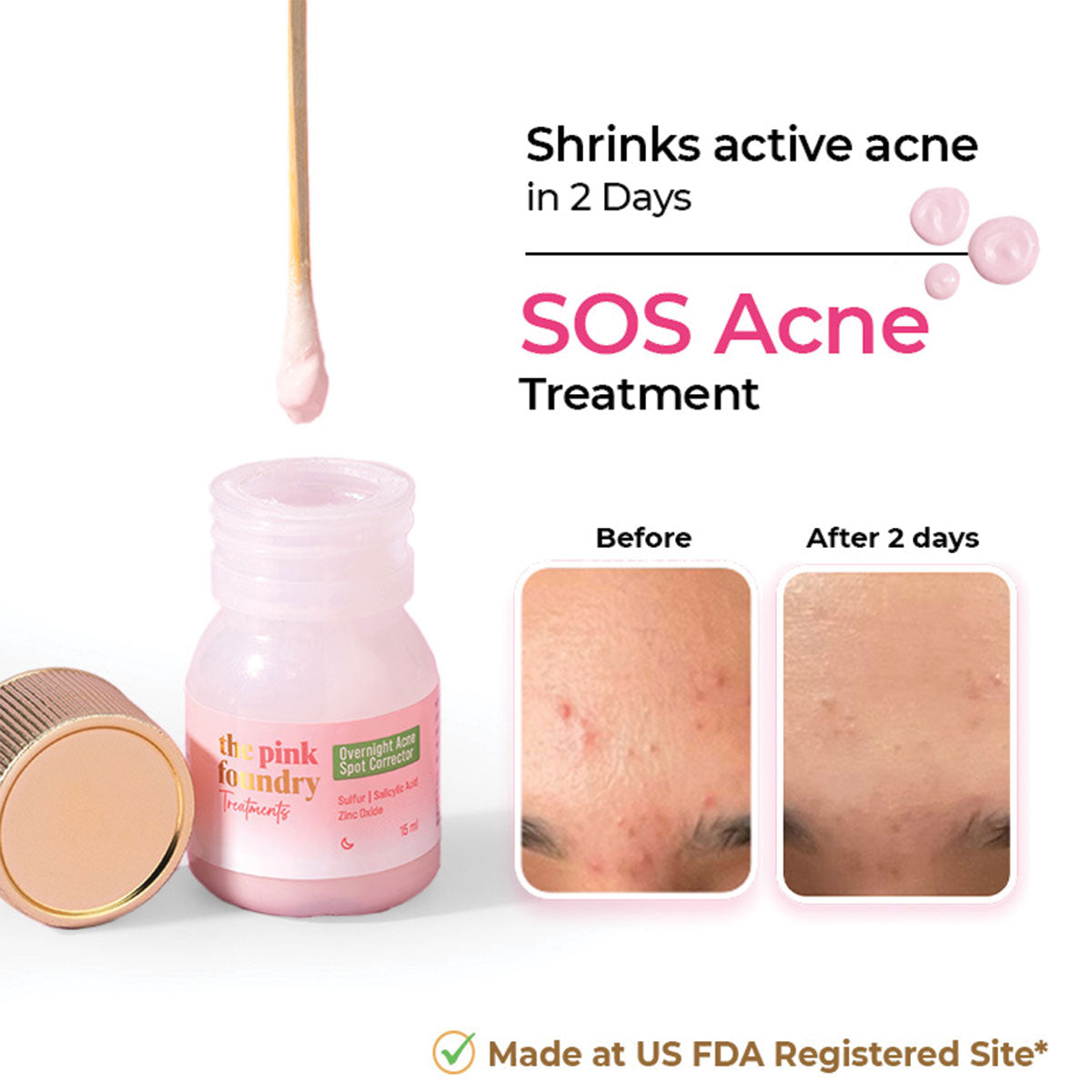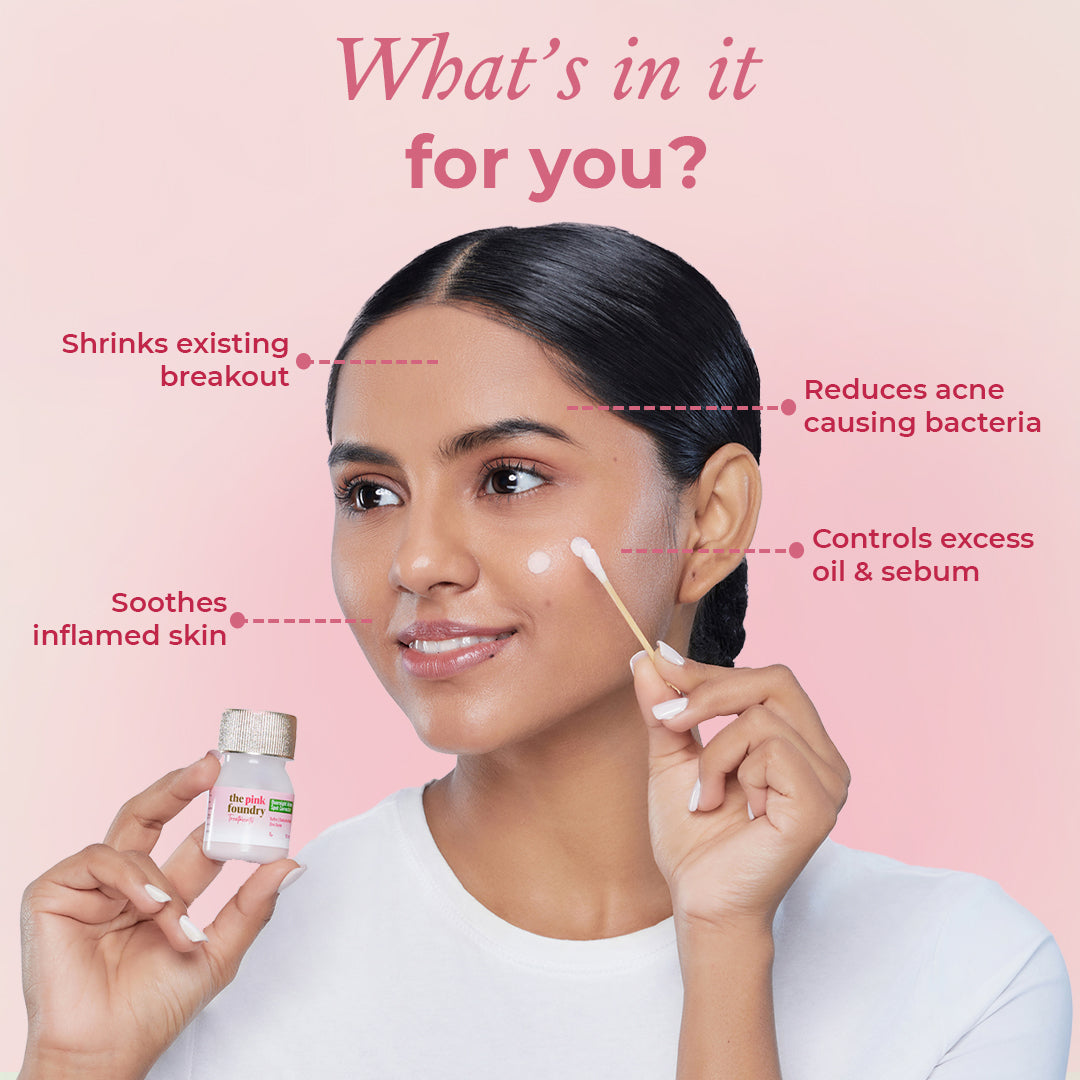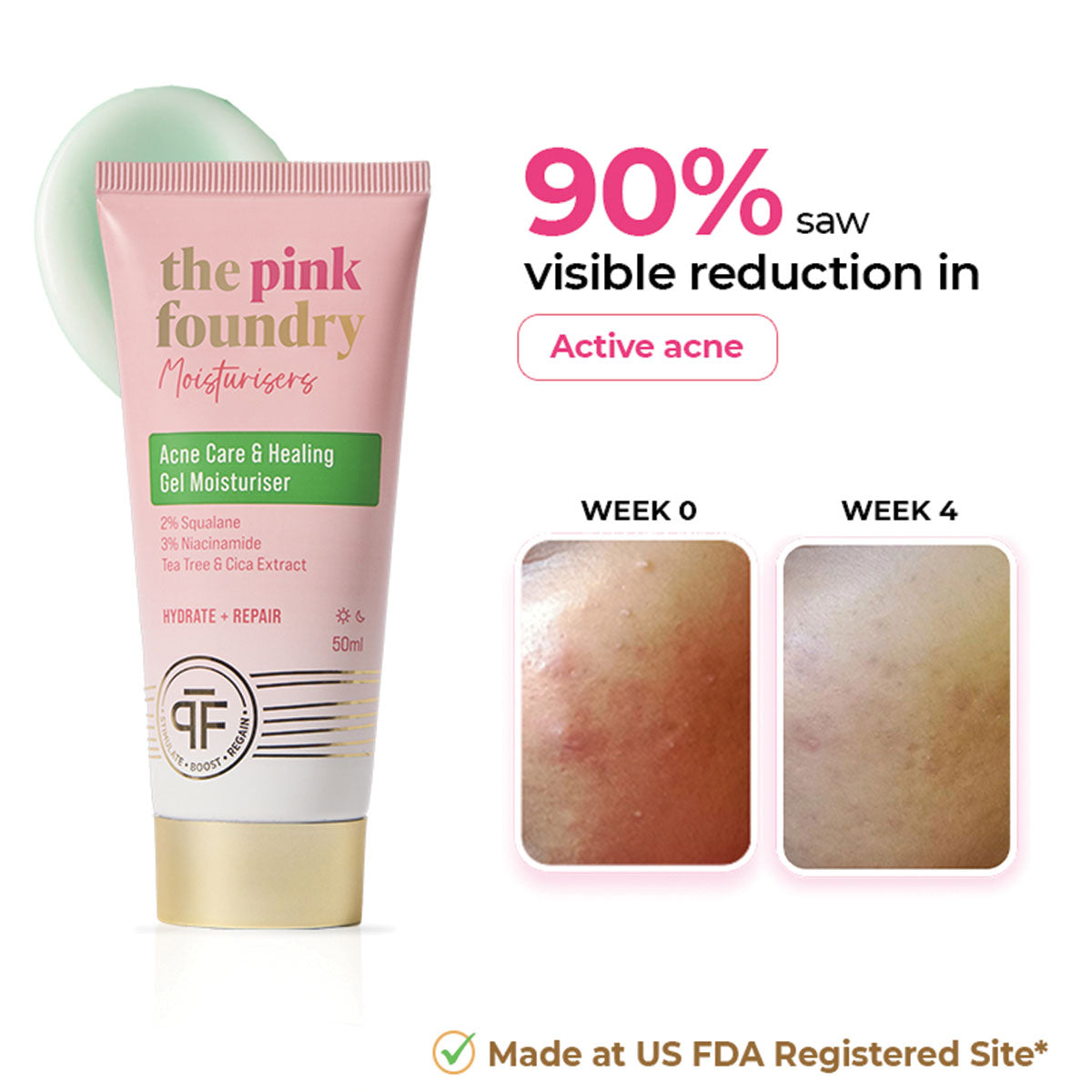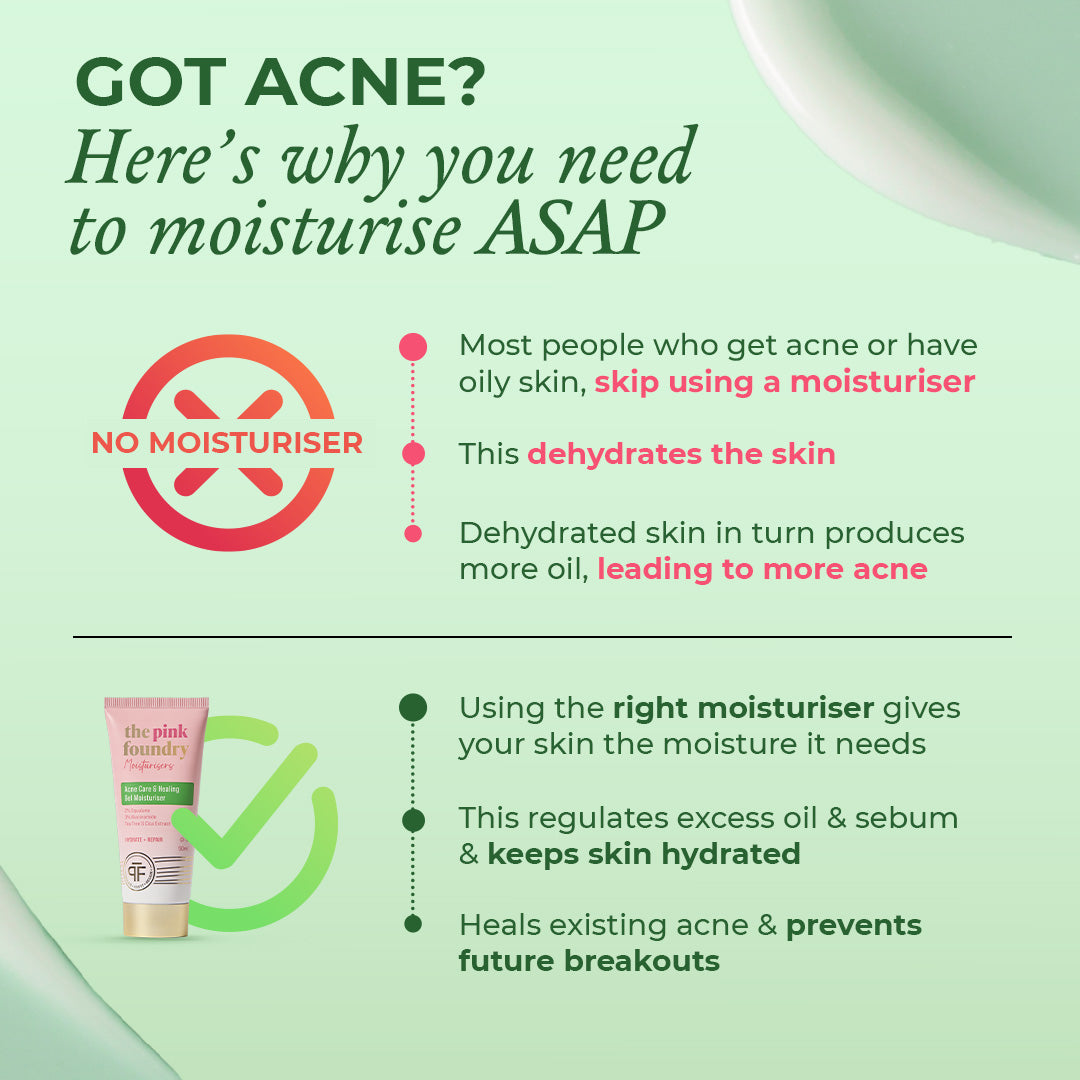
UVB Meaning: What It Is and Why It Matters for Your Skin
Have you ever questioned why the hot sun causes your skin to turn red after just a few minutes of midday exposure? That harsh burn isn’t just the heat — it’s ultraviolet radiation in action, namely UVB rays. The sun’s invisible rays pack much more power than we might realise. An understanding of UVB meaning isn’t simply for science enthusiasts — it's a key piece of data that all of us who step outside are required to know. Continue reading to learn why UVB is so important, what its impact might be on your skin, and ways to stay safe.
What is the meaning of UVB?
Let’s understand the UVB ray meaning in detail. UVB is short for Ultraviolet B, one form of ultraviolet radiation emitted by the sun. There are three primary types of UV radiation produced by the sun: UVA, UVB, and UVC. UVC is absorbed by the Earth’s atmosphere, but UVA and UVB are not. They penetrate the Earth’s surface and affect our skin health.
UVB rays are of intermediate wavelength (280–315 nm) and are most intense at midday, especially during the summer. The rays penetrate the surface of the skin and cause sunburn and direct DNA damage
If you compare UVA vs UVB rays, the latter don’t penetrate the skin’s layers to the same extent as the former. But the intensity of UVB (which is 1,000 times stronger than UVA rays) can be very harmful without proper protection
UVB rays meaning in skincare
Let’s dig deeper into the meaning of UVB rays in the world of skincare science. UVB rays are the primary culprits behind visible sun damage. Let’s break down their impact
1. UVB rays are the main cause of sunburn
These rays are potent and can start damaging the skin in as little as 15 minutes. Sunburn is the skin’s inflammatory response to UVB damage, and repeated sunburns, especially in childhood, increase the risk of skin cancer later in life.
2. Prolonged exposure can lead to skin ageing and hyperpigmentation
While UVB rays don’t reach the deeper dermal layers like UVA rays, they still accelerate the ageing process by triggering the breakdown of collagen and elastin. Over time, exposure can cause uneven skin tone, dark spots, and persistent redness—common signs of photodamage..
3. UVB mostly damages the skin’s surface
This makes UVB particularly aggressive in harming the outer layers of the skin. You may not feel UVA damage immediately, but UVB damage shows up quickly in the form of redness, irritation, and discomfort. In skincare, protecting the surface layer from UVB is as crucial as preventing deeper penetration from UVA
What does UVB protection mean?
What is UVB protection meaning? When people talk about UVB protection, they are often referring to sunscreens and their ability to shield the skin from harmful UVB radiation. The level of UVB protection offered by a sunscreen is indicated by its SPF or Sun Protection Factor.
But what is SPF in sunscreen? Here's what you need to know
- SPF measures protection against UVB, not UVA. For instance, an SPF 30 sunscreen like the Mineral Matte Tinted Sunscreen means it would take 30 times longer for your skin to burn than if you weren’t wearing any sunscreen.
- Higher SPF means greater UVB protection. But no sunscreen can block 100% of UVB rays. SPF 30 blocks about 97%. An SPF 50 product like the Dewy Hydrating Hybrid Sunscreen SPF 50+ blocks around 98%.
- Broad-spectrum sunscreens are recommended because they protect against both UVA and UVB. So, while SPF tells you about UVB defence, look for "broad-spectrum" on the label to ensure complete coverage
Using sunscreen with proper SPF is a direct way to protect your skin from UVB-induced burns and long-term damage
Importance of UVB protection
You might think a bit of sunshine is harmless, but UVB exposure adds up over time—and so does the damage. Here’s why UVB protection is so important:
- Reduces premature ageing Fine lines, wrinkles, and pigmentation often stem from repeated exposure to UV rays, particularly UVB. Daily protection helps maintain youthful, even-toned skin.
- Supports skin healing If your skin has undergone treatments like chemical peels, microneedling, or laser therapy, it becomes more sensitive to UVB damage. Protection during this time is critical to avoid scarring and hyperpigmentation.
- Protects vulnerable skin types Children, people with fair complexions, and those with existing skin conditions (like rosacea or eczema) are more susceptible to sunburn and UVB-related complications.
Incorporating UVB protection into your daily routine is not just a cosmetic concern—it’s a health priority. Whether it’s sunny, cloudy, or even cold, UVB rays can still reach your skin, making daily sun protection essential. Is SPF 30 enough for daily protection? Yes, it’s a good starting point.
Conclusion
While UVB rays might be invisible, their impact on your skin is undeniable. From causing painful sunburns to contributing to premature ageing and skin cancer, UVB is not a force to ignore. By understanding what UVB means and how to shield yourself from it, especially through proper SPF use—you empower your skin to stay healthier, stronger, and more radiant. Sun protection isn't seasonal—it's a lifelong habit worth building.
FAQs:
What is the difference between UVA and UVB rays?
UVA rays penetrate deeper into the skin and are linked to ageing and wrinkles. UVB rays primarily affect the skin’s surface and are responsible for sunburn and DNA damage.
How do I know if my sunscreen protects from UVB?
Check the SPF rating on the label. It indicates UVB protection. Higher SPF means more effective shielding from UVB rays.
Are UVB rays present indoors?
UVB rays generally do not penetrate through glass. Their presence indoors is minimal unless you're near open windows or under direct sunlight
Can UVB rays pass through windows?
Most window glass blocks UVB rays effectively, but not UVA rays. This means you are less likely to get sunburnt indoors, though other forms of UV damage may still occur.
Is UVB exposure ever beneficial?
Yes, limited UVB exposure helps the body produce vitamin D. However, it must be balanced carefully to avoid skin damage—just 10–15 minutes a few times a week may be sufficient.








































































Leave a comment
This site is protected by hCaptcha and the hCaptcha Privacy Policy and Terms of Service apply.